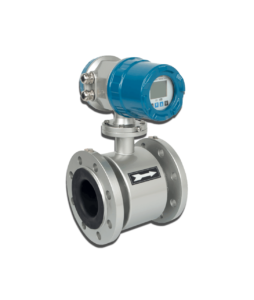Ordinary pressure has almost no effect on the viscosity of the liquid, only the liquid under high pressure the dynamic viscosity coefficient of the body increases with the increase of pressure. This is because the liquid is almost incompressible under ordinary pressure, while the compressibility of the liquid under high pressure reduces the gap between the molecules, increases the attractive force between the molecules, and increases the viscosity.
Therefore, water is considered incompressible in engineering. Other liquids are similar to water and can also be considered incompressible under normal circumstances. Therefore, liquids are often referred to as incompressible fluids.
When the temperature of the liquid increases, the volume also increases. This property is called swelling. The volume expansion coefficient indicates the expansion of the liquid. Practice shows that water and other liquids have little swelling. The density or weight of a liquid rarely changes with changes in temperature. Therefore, in engineering, when the pressure and temperature change little, it can be considered that the density or weight of the liquid does not change with the temperature or pressure.
Although the electromagnetic flowmeter is a volume measuring instrument, the measured volume is not affected by temperature changes. However, under certain conditions, the volume difference caused by the density change caused by the change of the liquid in a larger temperature range cannot be ignored. For example, if two electromagnetic flowmeters are measured at different positions on the same pipeline, if there is a temperature change link between the two meters (such as the process of hot cross-loading or cooling along the process of centralized hot water supply), the temperature difference of 80~90℃ water is 10℃, The measured value has a difference of 0.65%.

